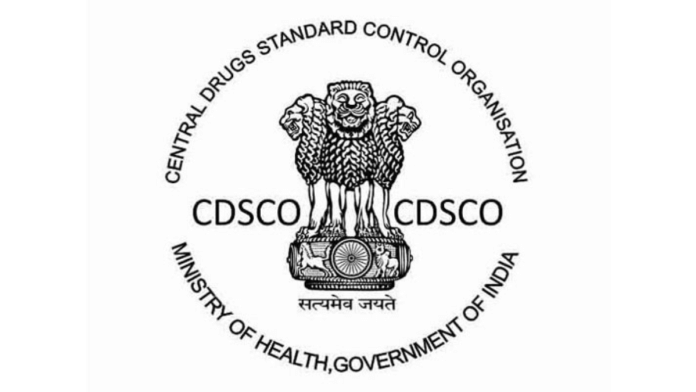New Delhi: A group representing foreign drugmakers has reached out to the Indian health ministry with a complaint that the country’s apex drug regulator is not allowing the launch of breakthrough drugs in India without proof of local clinical trials, ThePrint has learnt.
This, despite the regulator having amended the rules last year to grant a waiver to certain categories of drugs approved in four foreign countries and the European Union (EU).
The Drug Controller General of India (DCGI), who heads the Central Drugs Standard Control Organisation (CDSCO), had through an executive order issued last August paved the way for direct launch of certain categories of drugs approved in select countries by means of a local clinical trials waiver.
The waiver applied to drugs approved in the US, the UK, Japan, Canada, Australia and the European Union (EU)—all of them known for their stringent drug regulatory regimens and listed under Rule 101 of the New Drugs and Clinical Trials Rules (NDCT), 2019.
The executive order said the waiver would apply to orphan drugs (used to treat rare diseases), gene and cellular therapy drugs, besides new drugs to deal with pandemic-like situations, special defence purposes and those offering significant therapeutic advances vis-à-vis current standard of care.
But the regulator has not approved a single drug so far with the waiver despite applications by multiple foreign drugmakers for marketing approval of their life-saving and key therapies, said a source familiar with the matter.
“We are, however, at a loss to understand why the DCGI is still insisting on local clinical trials showing safety data of every drug which is applying for permission to launch in the country under the new provision,” an industry source told ThePrint, adding that stakeholders have requested the health ministry to intervene. “Several companies which are affected by the delay in granting approvals have also reached out to the ministry individually.”
ThePrint reached the director general of the Organisation of Pharmaceutical Producers of India (OPPI) for an official comment who said the issue is likely to be “resolved soon” but did not elaborate further.
ThePrint also reached Union Health Secretary Punya Salila Srivastava and DCGI Rajeev Singh Raghuvanshi for comment but had not received a response by the time of publication. This report will be updated if and when a response is received.
Under Rule 101 of NDCT Rules 2019, DCGI was given the power to notify a list of countries. Approvals from these countries would amount to a local clinical trials waiver for new drugs.
The DCGI, however, issued the list of countries only in 2024—more than five years after NDCT Rules came into force.
The source quoted earlier said during this time DCGI was approached to grant the waiver for several drugs like Zolgensma—a gene therapy used to treat spinal muscular atrophy, a disease that causes muscle-function loss in children, and considered one of the costliest drugs globally—developed by Swiss pharma giant Novartis, and dengue vaccine QDenga developed by Japanese firm Takeda. “These, among several others, are therapies permission for which was sought under the clinical trial route but makers were told to furnish safety data from Indian patients,” the source familiar with the matter said.
Those advocating for patients’ rights insisted that when the government had already altered norms to facilitate rapid launch of critical medicines, bureaucratic delay should not come in the way of patients accessing them. “While having checks and balances to ensure efficacy and safety of drugs is of paramount importance, government backtracking on its own decision now is not in the interest of patients,” founder of Patient Safety & Access Initiative of India Foundation, Bejon Kumar Misra, told ThePrint.
While no drug is permitted for marketing authorisation in India without local clinical trials, the only exceptions to the rule were necessitated by the COVID-19 pandemic when some drugs such as Remdesivir developed by Gilead Sciences and later Paxlovid developed by Pfizer, were granted emergency-use authorisation by the drug regulator.
Covishield vaccine by AstraZeneca, manufactured by Pune-based Serum Institute of India, on the other hand, was approved in India only after completion of bridging trials here.
Bridging studies are meant to provide clinical data on efficacy, safety, dosage and dose regimen in a new region, explained a source in the CDSCO.
This is an updated version of the report
(Edited by Amrtansh Arora)
Also Read: Indian pharmas improved USFDA compliance, but cases of contamination grew 2014-2024—IPA report






